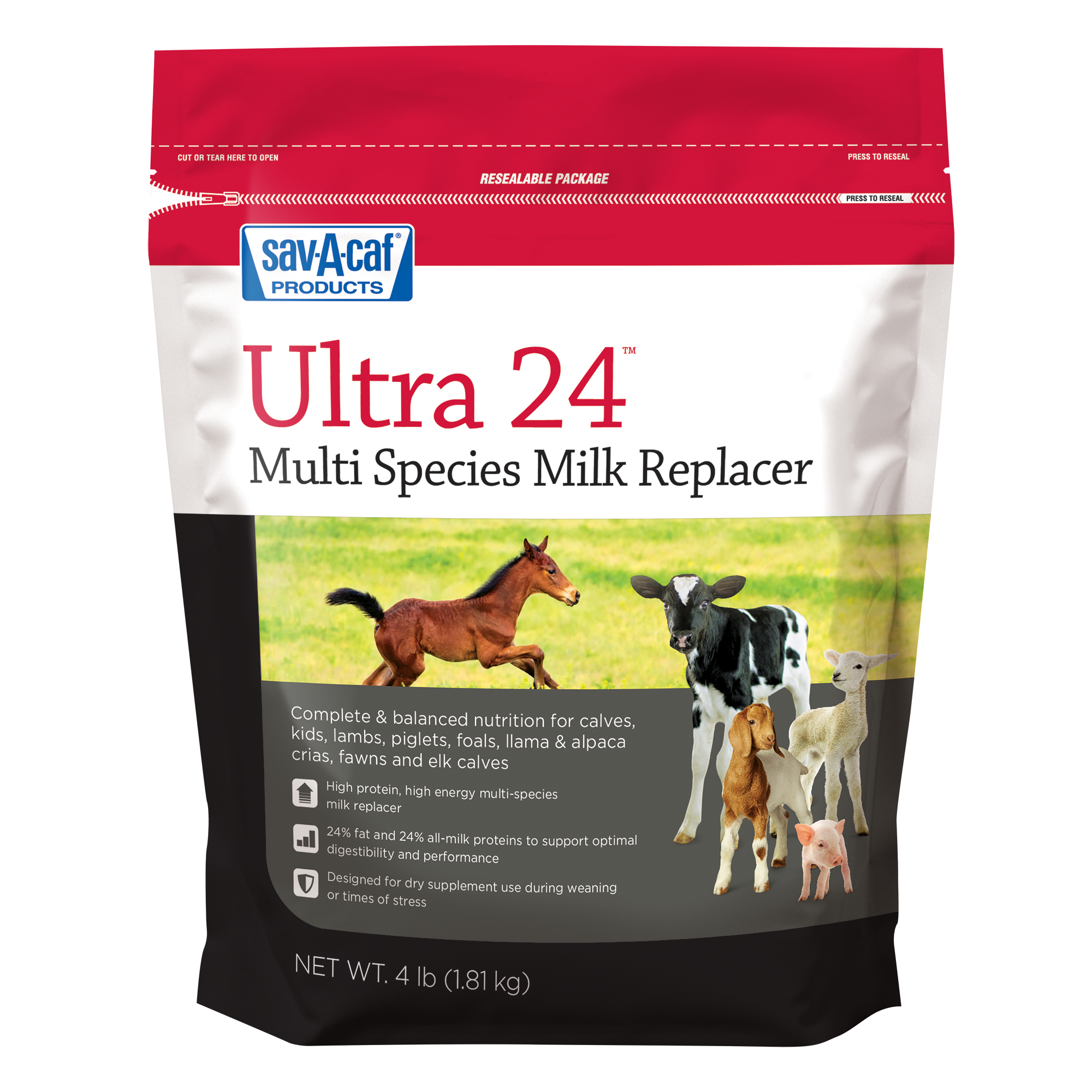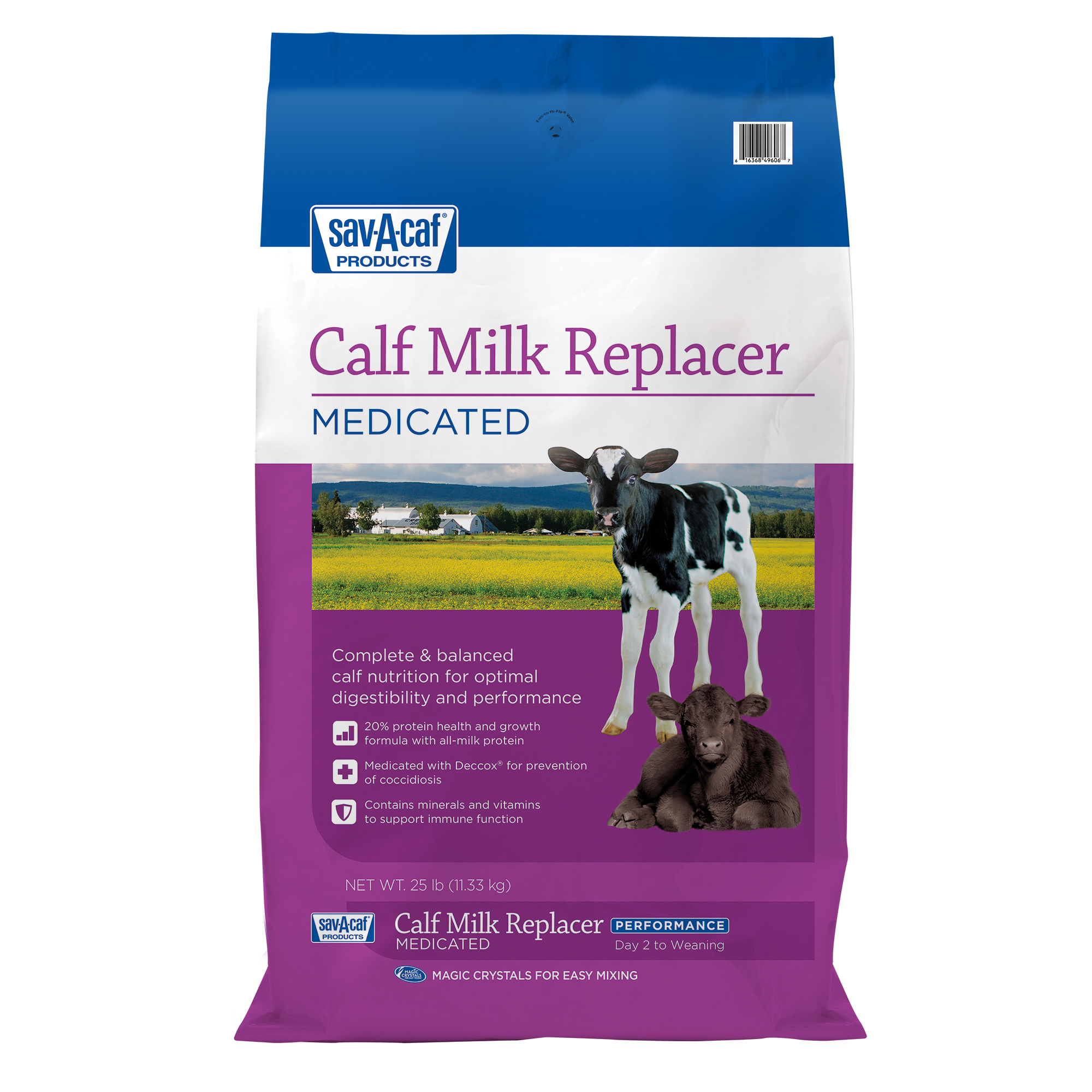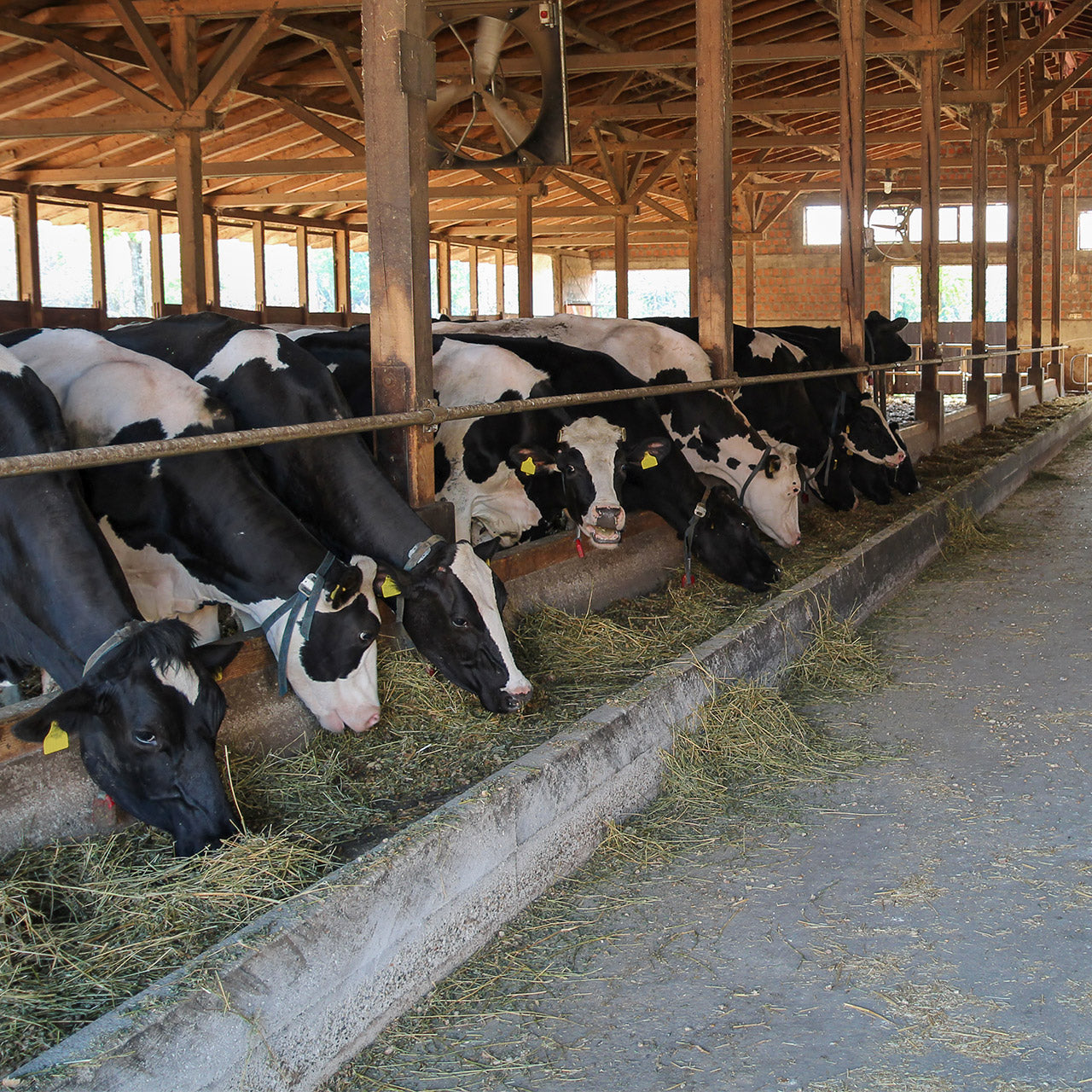
5 Steps to prepare for winter on the farm
Winter brings frozen water buckets, mounds of snow, slippery ice and cold temperatures. These conditions can make it a challenging season for you and your animals. Before temperatures drop, take advantage of the remaining fall days to prepare your farm for winter’s chill.
When winter decides to make its debut, you’ll feel more at ease when you’re prepared to take on whatever challenges it throws at you.
Here are five tips to help you prepare for winter on the farm:
1. Stock up on bedding
Make sure you have plenty of bedding available to keep your animals warm and cozy through the winter months. At the very least, you’ll want to ensure you have access to an adequate supply.
It takes more bedding for an animal to maintain its body temperature in cold weather. Animals will become cold and uncomfortable if your bedding is wet.
To keep bedding dry, you might want to consider adding a layer of sawdust or sand underneath to help absorb moisture. While this will help, you still may need to clean it frequently. Mixing wood shavings and straw can also help to keep animals dry and clean, which is especially important for young animals.
2. Keep enough feed on hand
As the weather cools down, animal nutritional requirements go up.
A range of 20 to 32 degrees Fahrenheit is the lowest critical temperature livestock can tolerate without additional energy demands to support their normal body temperature. However, this threshold may vary depending on the species. For example, calves less than three weeks old can experience cold stress below 50 degrees Fahrenheit.
For young animals on milk, you can supply them with extra energy by providing them with a greater quantity of milk replacer or adding more feedings. Here’s more information on picking a milk replacer for goats and lambs.
Energy supplements are also available to add in milk replacer or whole milk to increase caloric needs during periods of cold weather. If you plan to welcome new animals during winter, you’ll also want to keep a supply of colostrum replacer on hand.
For animals beyond weaning, feeding more grain, hay and forages can provide them with the additional calories they need to thrive.
3. Prepare shelter
The pasture grazing days will soon be over. Having shelter ready for your animals when winter hits will help minimize stress and ease the transition.
It’s important for animals to be able to have some shelter or windbreak to get out of the elements during winter. If you have an enclosed shelter for your animals, make sure it is well-ventilated and in good working order.
Take time to look buildings and shelter over and make any necessary repairs like leaky roofs, cracked windows, broken doors, etc.
You’ll appreciate being able to make the repairs now, rather than later in frigid winter weather. Your goal is to create an environment for your animals to stay clean, dry and comfortable.
4. Ensure water access
If you have heated waterers, make sure to turn them on and double-check that they still work properly. If you don’t have heated waterers, you can use heated water buckets or water heaters to keep water from freezing.
Take extra safety precautions when using a heating element or heated water buckets. Both require electrical cords, which are important to keep out of the animals’ reach and out of the elements if possible. Remember to check on any electrical cords you’re using throughout the season.
5. Get yourself ready
Just as winter can be a difficult season for animals, it can also be a more challenging season for you. Take an inventory of your winter clothes to make sure you have enough warm clothes on hand.
The more comfortable you are working outside in winter weather, the easier it will be to give your animals the proper care they need to thrive and stay healthy.
Winter clothes to consider:
- Warm barn boots
- Boot dryer
- Wool socks
- Hand warmers
- Feet warmers
- Gloves
- Stocking cap
- Long underwear
- Insulated bib overalls
- Winter jacket
For people, there is no such thing as bad winter weather, only bad clothing. For your animals, however, you must make sure they have the right environment to prevent suffering in the cold. By preparing yourself for winter, you’ll be ready to give your animals the best possible care, no matter what Mother Nature throws your way.
Get more young animal management tips or like My Farm Journey on Facebook.
Find Solutions for Your Animals
-
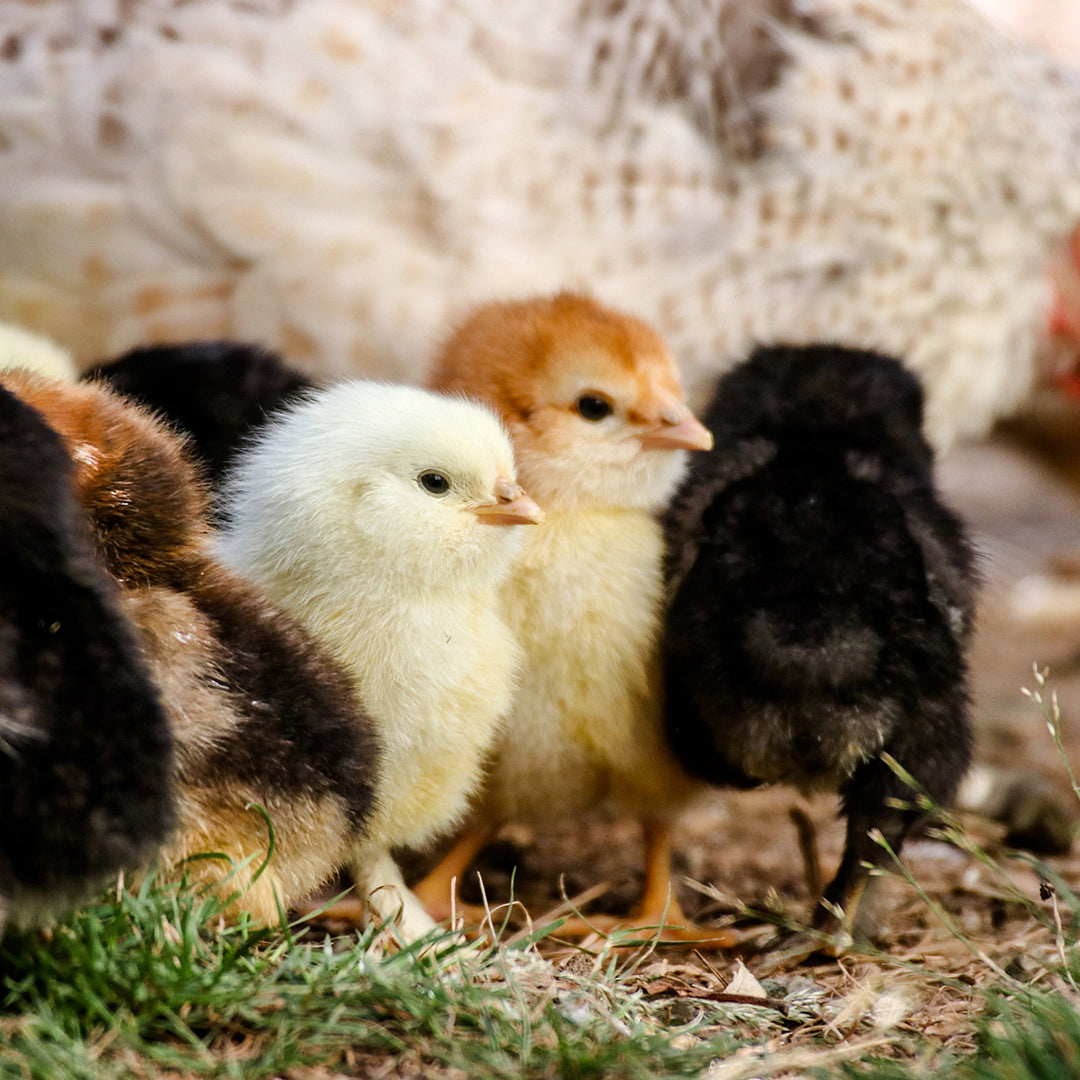
Whether housed in a coop or free ranging on your farm, your birds are exposed to multiple threats every day that could cause illness or impact their well-being. Now there’s a way to be more proactive with regular support for...
-
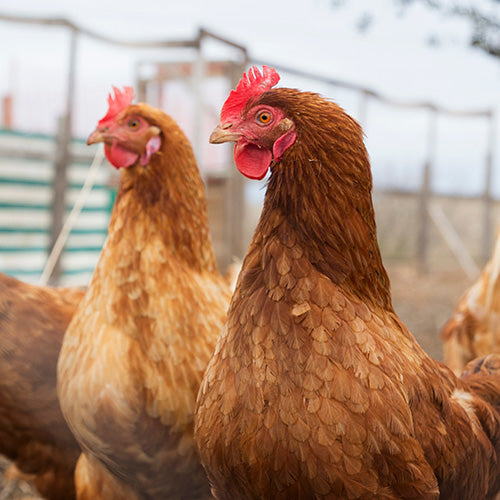
You’ve raised your chicks to adulthood and now they’re fully feathered hens. Way to go! Now, you get to enjoy their eggs and companionship for years to come. To maximize their life, support their production potential and kee...

